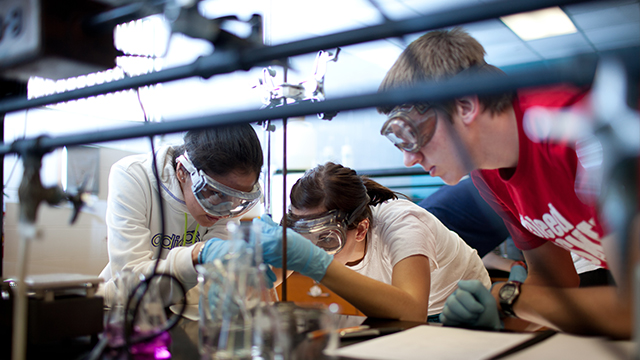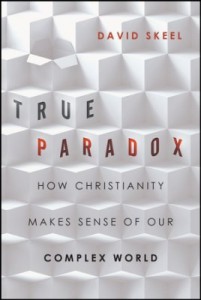This non-technical treatment of the biology of asexuality–Virgin Births Happen All the Time–can be used to introduce parthenogenesis, and it can also be used to explore themes in creation, the Deus absconditus, and the relationship of the spiritual and the material. “I don’t want to make a direct line. But might it add to our […]
Items included on this page come from a variety of sources. The perspectives conveyed may or may not express a Lutheran ethos. They can serve our instruction as discussion-starters, examples (positive and negative), and illustrations of intersections between God’s two kingdoms, intersections sometimes characterized by tension, sometimes by congruence. Inclusion does not imply endorsement.

Issues in Bioethics
In this assessment of ethical theory in current bioethics, David S. Oderberg, Professor of Philosophy at the University of Reading, UK, discusses six current confusions and errors in agenda-driven bioethics studies and reports: “You could say they misunderstand the function of argument, which is to get to the truth, not to advance a previously-adopted policy.” […]
Intelligent Design vis-a-vis Self-Organizing Biology
From the Max Planck Institute: “Random connections do not suffice to explain the observed layout of the brain. Current research concludes that initially random connections in the visual cortex are reorganized to a precisely determined layout using self-organization. Random wiring, in the end, plays a small role.” The Discovery Institute’s response, who reject the idea of […]
Scientists enlist the big gun to get climate action: Faith
Stewardship, justice, and moral imperative–Lutherans, Catholics, and other Christians move the needle on environmental concerns. Wherever one’s views may be on climate change, those who believe it needs attention may need to look to those who believe in more than the environment alone. “As climate negotiators struggle in Paris, some scientists who appealed to the […]
A Theology of the Cross and Christian Suffering
How do we understand suffering through a theology of the cross? This question allows for an open dialogue with the subject allowing for a fuller exploration of the topic at hand. The question that most people are really asking is how to understand suffering. The answer to this question can only rightly be understood through […]
The Evolution of Atheism: The Politics of a Modern Movement
New from Oxford University Press (280 pages): The New Atheist movement uses Darwinism to diminish the authority of religious institutions and belief systems and have embraced it as a metaphor for the gradual replacement of religious faith with secular reason. They have posed as harbingers of human progress, claiming the moral high ground, and rejecting with intolerance […]
Defining Dignity: Gnosticism 2.0
The New Dignity: Gnostic, Elitist, Self-Destructive Will-to-Power: “Human dignity is grounded in our ability to defy nature—to go beyond natural limitations and thereby create ourselves anew. But in a world with no clear origin, no purposeful end, and no intrinsic meaning, human dignity is founded on nothing more than a self-creating will to power that […]
Forensic DNA and the Errors of Human Justice
Forensic Pseudoscience – The Unheralded Crisis of Criminal Justice: No human endeavor is completely without error, and one might wonder just how systemic the problems of forensic science truly are. The claim of crisis is far from universally shared. But the problem is therefore not that forensic science is wrong, but that it is hard to know when it […]
Two Kingdoms: A Mormon View
Explaining Mormons and Their Idiosyncratic View of Religious Liberty offers an interpretation of what some commentators see as an inconsistency in Mormon social policy. Rather than dreaming of imposing ideas on society as a whole, the LDS offer the wider polity a tradeoff: we will support established authority and recognize its right to enforce the law […]
Science for Seminaries
The Science for Seminaries project assists professors and scientists to enable faith leaders to engage with science throughout their ministries. The 10 schools participating in the science for seminaries project include Catholics, evangelical/conservative Protestants and mainline Protestants. “The goal is for schools to present science fairly and accurately, not to ensure that future pastors side with […]


 True Paradox: How Christianity Make Sense of Our Complex World
True Paradox: How Christianity Make Sense of Our Complex World